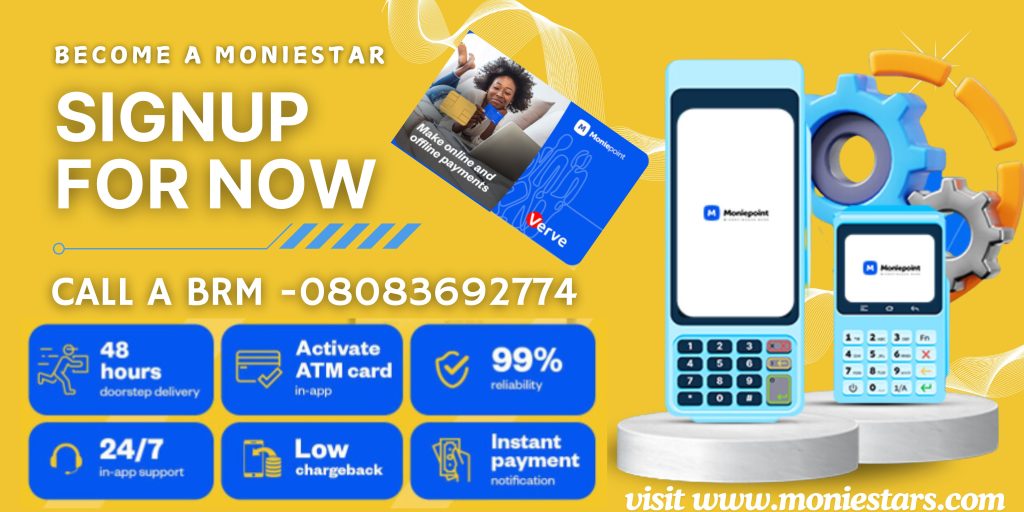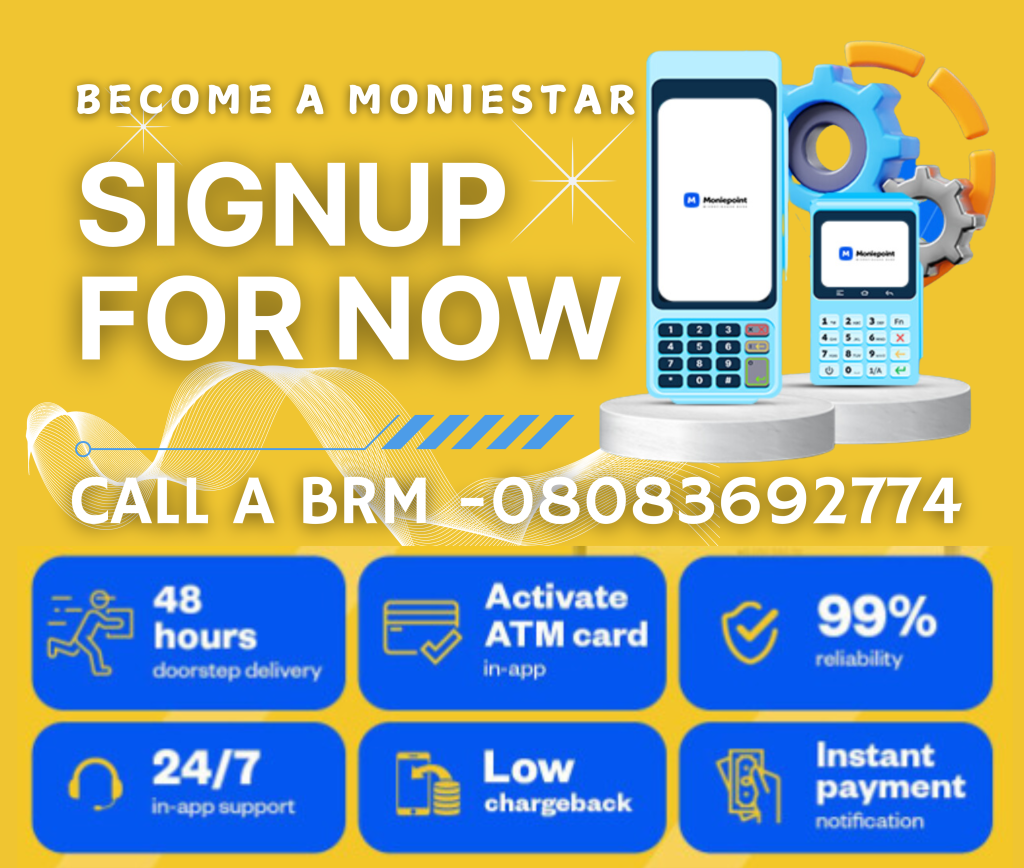7 Benefits of Registering Your Business Name in Nigeria
You’ve got that amazing business idea, completed your market research, and you’re all set to start your entrepreneurial adventure. But before you dive in, there’s one important step: registering your business name with the Corporate Affairs Commission (CAC) in Nigeria.

This isn’t just another piece of paperwork—it’s an essential move that comes with many benefits. From boosting credibility and trust to avoiding legal headaches, registering your business name has numerous advantages.
Let’s take a closer look at why registering your business name is a must for every Nigerian entrepreneur.
What is a Business Name?
A business name is the official name under which your company operates for profit. The Companies and Allied Matters Act (CAMA) 2020 defines it as the “style or name under which businesses are carried on, whether in partnership or otherwise.”
Registering your business name with the CAC allows you to legally operate under that name. Once registered, you’ll receive a Certificate of Registration and a Certified Extract of Registration Information—making your business legally recognized and compliant.
To register your business name, you’ll need:
– 2 Preferred business names
– Business address
– Residential address
– Nature of your business
– Identification card (NIN, voter’s card, or driver’s license)
– Passport photograph
– Phone number
– Email address
Benefits of Registering your Business with the CAC

1. Legitimacy
Registering your business is required by law under the Companies and Allied Matters Act (CAMA) 2020. It gives your business legal recognition, protecting you from operating as an unregistered entity.
With a registered business name, you can also open a business bank account, like the one offered by Moniepoint Business Banking, and have your certificate ready within five days.
2. Business Growth Oppurtunities
Having a registered business allows you to attract bigger opportunities, such as partnerships, collaborations, and international business expansion. Many corporations and organizations prefer dealing with registered businesses, increasing your chances of growth.
3. Enhances Your Brand
A registered business name sets you apart from the competition and builds trust with customers. It signals that you are a legitimate business, which helps create credibility and loyalty in your industry.
4. Easier Access to Loans and Grants
Many government grants and loan programs are only available to registered businesses. Having your business name registered with the CAC improves your chances of securing financial support, loans, and even investments.
5. Tax Compliance
With a registered business, you can easily fulfill your tax obligations, ensuring compliance with Nigerian tax laws. This helps you avoid potential penalties, fines, or disruptions to your business due to tax-related issues.
6. Legal Protection
Registering your business name offers legal protection, ensuring no other company can operate under your name. This safeguards your brand identity and helps you avoid costly legal disputes.
7. A Business Bank Account
Having a business bank account in your company’s name, like the one you can get with Moniepoint MFB, adds professionalism to your transactions. Customers often prefer paying to a business account, and it makes managing finances easier by separating personal and business funds.
Conclusion
Registering your business name ensures you can operate smoothly, avoid legal issues, and benefit from opportunities like access to loans, grants, and a business bank account. Make your business official and enjoy the peace of mind that comes with being a legitimate, trusted brand in Nigeria.

You Might also like
-
Smart Ways to Detty December
Enjoy December Without Draining Your Wallet

Hey there! 🎄 The festive season is here again, and we can almost hear that iconic Christmas jingle playing in your head. 😄
December is the perfect time to let loose, relax, and shake off the stress of the year. Maybe you’ve already planned your December groove—parties, trying that new fancy spot, shopping, binge-watching the latest hype-worthy series, heading home to see family, or even prepping for the return of your IJGB crew. If not, you’re probably mulling over a few ideas, even as the cost of living gives you side-eye.
But hey, you can still enjoy the season to the fullest without completely blowing your budget. Imagine this: you’re enjoying quality time with loved ones, feeling good about the vibes, only to find out your payment method isn’t cooperating. Yikes, right? Nobody needs that kind of buzzkill in December.
The good news? You don’t have to compromise on fun or savings.
Here’s How You Can Enjoy December Without Breaking the Bank
With a Moniepoint Verve card, you can indulge in everything the season has to offer—food, shopping, entertainment, and more—while getting rewarded with a 10% discount or cashback on select purchases every Thursday through Sunday.
Here’s the scoop:
- Food: Get discounts on Chowdeck, Sweet Sensation, and The Place.
- Groceries: Save while shopping at Addide stores and Market Square.
- Fuel: Enjoy perks at NNPC stations nationwide.
- Utilities: Save on electricity bills through BuyPower.ng.
These offers run until December 31, 2024, so you’ve got plenty of time to make the most of them.
Staying In? No Problem!
You don’t have to step out to make the season special. Use your Moniepoint Verve card for streaming on platforms like Netflix, Showmax, Spotify, and YouTube. Cook up a storm with new Christmas recipes, jam to your favorite tunes, or stock up on essentials—all while enjoying great discounts.
How to Get Your Moniepoint Verve Card
If you don’t already have one, here’s how to get started:
- Download the Moniepoint personal banking app from the Google Play Store or App Store.
- Open the app, click on ‘Cards’, and follow the simple steps.
- Sit back, and your card will be delivered to your doorstep within 48 hours.
Already have a Moniepoint Verve card? You’re all set to enjoy the festive season! Use it for your online or in-person purchases at any of the listed platforms to snag your discounts and cashback.
Go ahead and enjoy your December the smart way—with good vibes, great deals, and your finances intact.
Happy Holidays! 😊
Post Views: 160 -
Card that Works
The Big Oxmox advised her not to do so, because there were thousands of bad Commas, wild Question.
-
CAC Registration
The Big Oxmox advised her not to do so, because there were thousands of bad Commas, wild Question.



